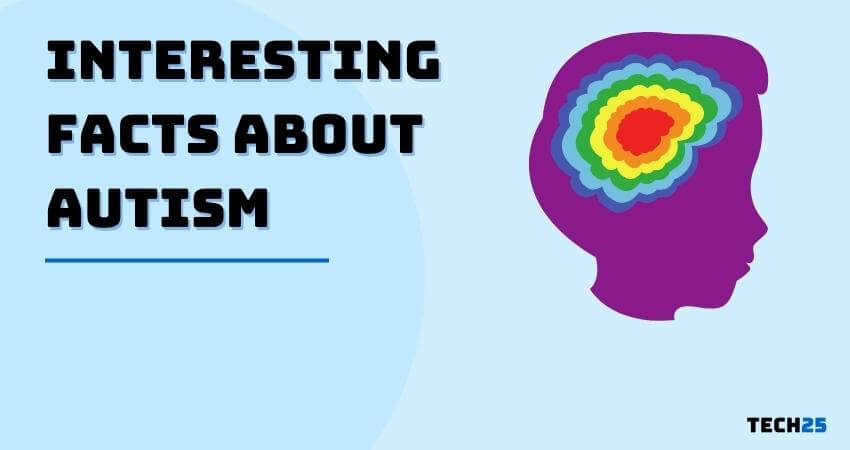Most people know very little about autism. Unfortunately, until you live with it first hand, it’s not something you want to learn about.
Well in this article of interesting facts about autism we want to change that, and help you learn a little bit more about a serious condition many people in the world live with.
In the past, autism was referred to as an illness or a disease. However, the definition of autism has changed a lot over the years. By sharing more info on this condition, we hope people will be more educated and will understand it a little better.
25 Interesting Autism Facts
1. Definition of Autism
Autism or Autism Spectrum Disorder (ASD) refers to complex developmental disorders and a wide range of health conditions that are responsible for various communication, social, skill, and behavioral challenges for a person.
That means Autism is not a single disability. Rather, it is a combination of various disorders.
2. Symptoms of Autism

There are a lot of symptoms of autism. Here are some of the most common symptoms:
- Poor eye contact
- Not sharing interests
- Unusual body posture
- Unusual facial expressions
- Various behavioral disturbances
- Slow to learn to speak
- Repetitive body movements
- Unusual attachment to strange objects
3. Autism and Chess

There are various theories that chess is actually a great game to teach kids with autism. It is stated that many individuals with ASD show unusual skills in attention and organization compared to the general public.
As a result, they can perform a lot better at chess. Also, as chess is a game of tactics and strategy, it becomes easy for people with ASD to focus. Interestingly, there are a lot of chess masters that are diagnosed with autism.
4. The First Person to be Diagnosed with Autism
The concept of autism is not new. Matter of fact, Eugen Bleuler, a Swiss psychiatrist coined this concept back in 1911.
However, it is reported that the first person to be diagnosed by autism was Donald Gray Triplett. He was born in Mississippi, U.S.A in 1933.
5. Number of People in the World Diagnosed with Autism

Unfortunately, there is no accurate answer to this question. But we can tell you about the USA. According to the CDC (Centers for Disease Control and Prevention), about 5.4 million people ( 2.2% ) are diagnosed with ASD (Autism Spectrum Disorder) in the USA in 2020.
Most of the low income and poor countries don’t have any accurate data about the number of people diagnosed with ASD.
6. Autism in Boys vs. Girls
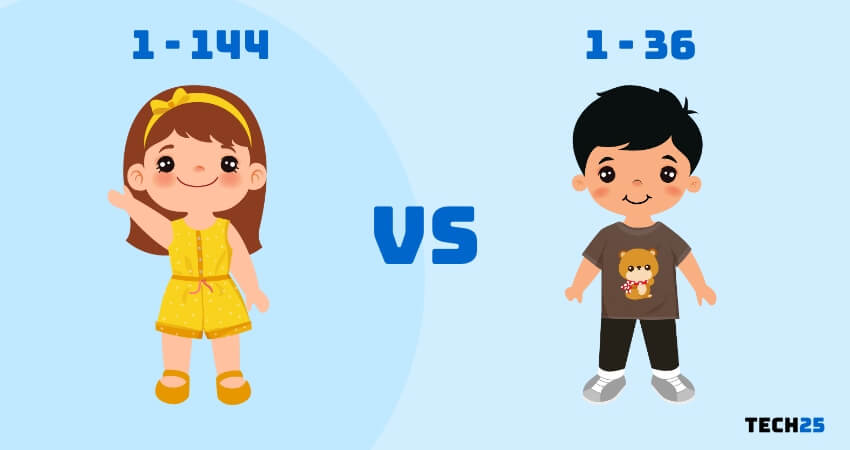
Boys are far more likely to be diagnosed with autism compared to girls. In the US, there are about 1 in 34 boys who are diagnosed with ASD, where ” only ” 1 in 144 girls are diagnosed with autism.
That means boys are about 3 to 4 times more prone to be identified with autism compared to girls.
7. What Causes Autism
Simply put, there is not any specific single reason that we can blame for causing autism. However, according to various researches, genetics is one of the main causes.
And, there are other researches that suggest that ASD develops from a combination of environmental, non-genetic, and genetic influences.
But, it is not yet clear whether these are the only reason behind autism or not.
8. Associated Medical Conditions with Autism
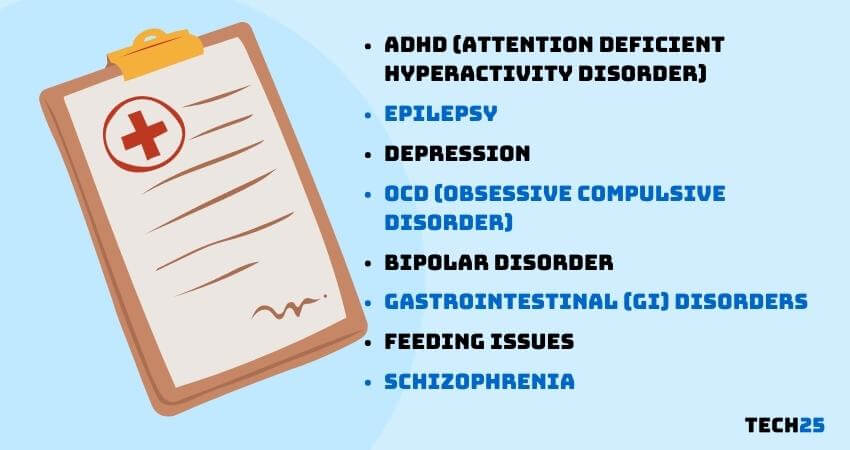
Autism is not a single disorder. In fact, there are other medical conditions that are very commonly associated with autism. For instance:
| ADHD (Attention Deficient Hyperactivity Disorder) | Epilepsy |
| Depression | OCD (Obsessive Compulsive Disorder) |
| Bipolar Disorder | Gastrointestinal (GI) Disorders |
| Feeding Issues | Schizophrenia |
Several of these conditions or more can be
identified on individuals with ASD.
9. Difference in the Brain Anatomy
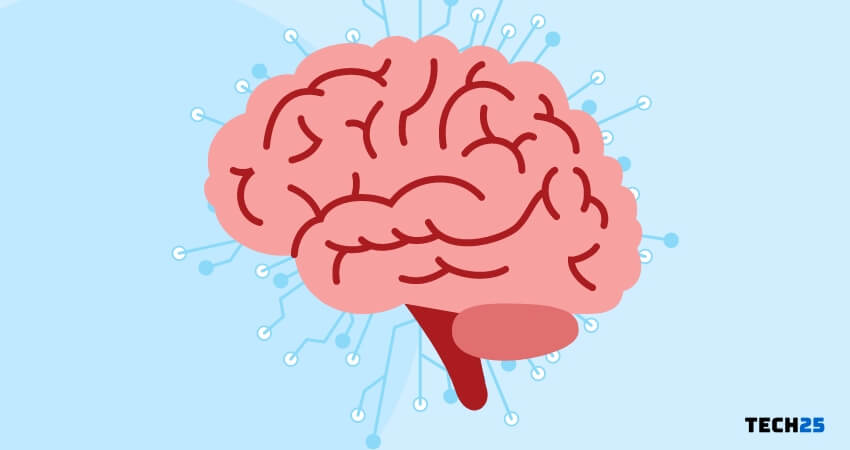
Researches suggest that there aren’t any significant differences in the brain anatomy of the person with ASD compared to the general public.
However, it affects the development of the particular areas of the brain that are associated with communication, social interaction, cognitive function, and skills.
Simply put, autism is not a disease. Rather, it is a state of being.
10. Everyone Diagnosed with Autism is different

Each individual that is diagnosed with ASD is unique. That means all the symptoms and signs of autism will be different from one individual to another.
For example, some of them might show particular symptoms like poor eye contact, yet, others might not show that.
Everyone will be different. So, it indicates that all the persons diagnosed with autism don’t show similar signs and symptoms, and they are very unique as well.
11. Autism in Twins
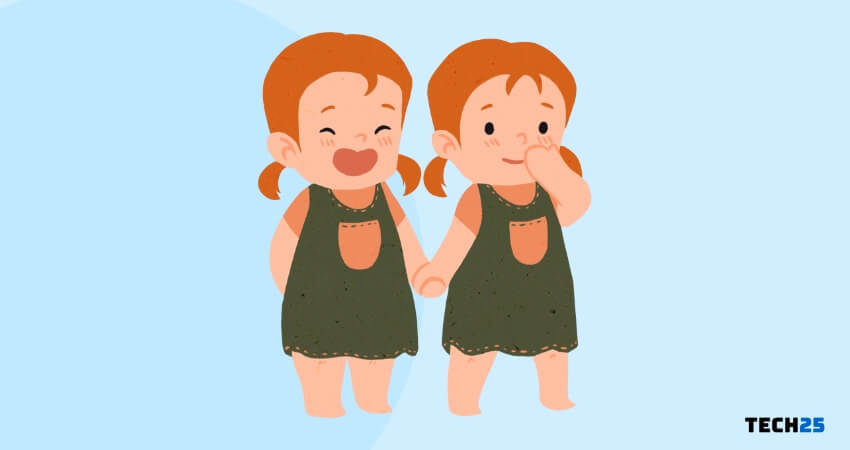
There is a correlation between being identified with autism and twins. According to some studies, if 1 identical twin has autism, the other sibling has the chance of diagnosing with autism 36-95 percent of the time.
Similarly, in terms of the non-identical twins, if 1 of them is identified with autism, the other one has about 31 percent of the chance to get affected by autism.
12. Autism in Dogs

There are theories that dogs can also be affected by autism or ASD. However, this still under research. As a result, most of the vets don’t diagnose dogs with autism yet.
But, if your dog shows the symptoms and signs of autism, you should take care of him/her in a better and different way.
13. Recover from Autism
It is kind of established that autism is a lifelong disorder. However, according to a study in 2008, between 3 to 25 percent of people affected with ASD can eventually recover.
14. Autism in Babies Born Very Early
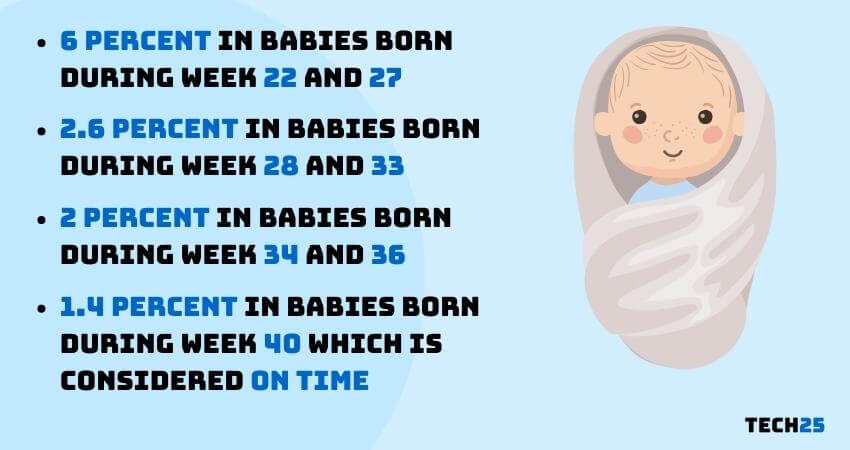
Several reports reveal that children born prematurely are at a greater risk of ASD. There is a:
- 6 percent in babies born during week 22 and 27
- 2.6 percent in babies born during week 28 and 33
- 2 percent in babies born during week 34 and 36
- 1.4 percent in babies born during week 40 which is considered on time
15. Older Parents and Autism link

Unfortunately, there is a based link between autism and parental age. Many researches show that a fathers over the age of 45 years are more likely to have a child with autism.
Additionally, mothers that are over 35 years of age are more likely to have a child with autism.
In the case of men, it is reported that fathers over the age of 40 are about twice as likely to have children with autism compared to men under 25 to 29 years of age.
16. Siblings
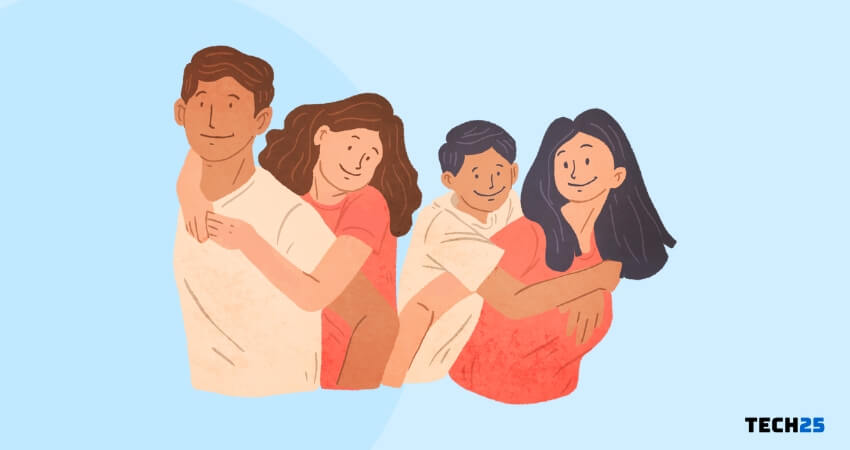
There is also a correlation between autism and siblings. Parents who have a child diagnosed with autism have more chance to have their next child with autism as well.
There is a 6-10 percent chance of having a 2nd child with ASD of the parents who have a child that is already identified with autism.
17. The Refrigerator Mother Myth
18. Asperger Syndrome and Autism

Asperger’s or Asperger Syndrome was known as a separate disorder. And it had almost similar signs and symptoms to autism. As a result, in 2013, the WHO (World Health Organization) has made this a part of the ASD (Autism Spectrum Disorder).
That means that Asperger Syndrome is referred by ASD. Or there is no difference between these 2 medical conditions anymore.
19. Early Diagnose is Important

The earlier ASD is identified in a child is better. It has been seen that early interventions and early diagnose of behavioral disorders can have a profound impact on the life of the children that are diagnosed with autism.
The earliest you can start interventions the sooner the child can develop the skills to improve their symptoms and live with it more comfortably.
20. Autism Has Nothing To Do with Intelligence
One of the most common theory is that autistic people are not intelligent. It is definitely not the case at all.
Autism has nothing to do with the smartness or intelligence of a person. There are a lot of people diagnosed with autism that are very bright, creative, and have exceptional intelligence in certain subjects.
Autism effects more in the likes of social skills, and emotional issues rather than learning abilities and development skills.
21. Left-handed People and Autism
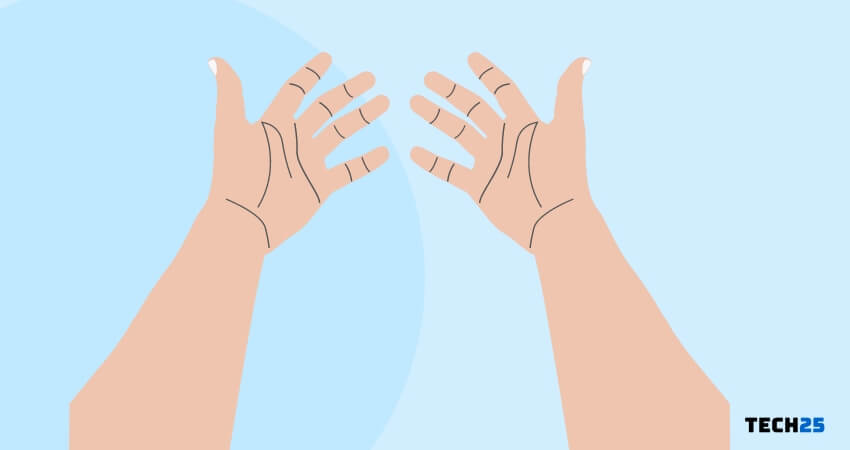
About 10 percent of the total population is left-handed in the world. However, we see that autism is present more in lefties compared to right-handed kids.
According to several reports, about 28 percent of the children that are diagnosed with ASD (Autism Spectrum Disorder) are left-handed.
22. The Word Autism
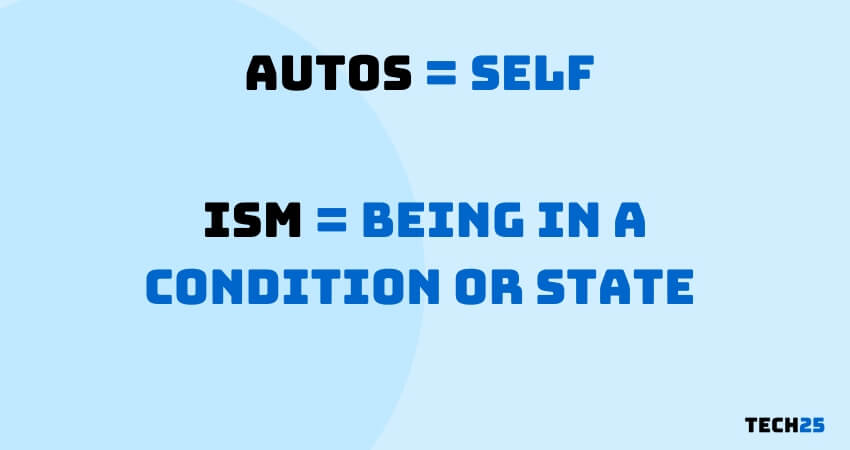
The word ‘Autism’ is derived from the Greek word ‘Autos’ and ‘ism’. The word ‘Autos’ means ‘Self’ in English. And, the word ‘ism’ means ‘being in a condition or state’. The term ‘autism’ was coined by ‘Leo Kanner’ back in 1943.
It refers to certain conditions where a person has difficulty in social interaction or tries to remove or isolate them from social interaction to be with the ‘self’.
23. Autism in the US

The rate of autism has increased all over the world in recent years. At the same time, there has been a rise in the cases of ASD in the USA as well.
For instance, it was reported that there was 1 in 10 thousand children that were affected by autism back in the 1980s in the USA.
However, now in 2023, about 1 in 36 children in the USA have been diagnosed with an ASD (Autism Spectrum Disorder) like ADHD, OCD, ADD, or Bipolar Disorder – according to CDC and based on 2020 data.
24. Autism Can Begin even Before Birth

People believed that autism develops after the birth of a child. However, recent researches suggest that autism can actually develop even before birth in the case of many kids. So, yes, you can be born with autism.
Scientists suggest that it is very much possible for autism to develop in the womb during pregnancy.
However, most of the symptoms of autism start to appear after birth. As a result, it becomes hard to diagnose autism from a very early age.
25. There’s No Link Between Autism and Vaccines
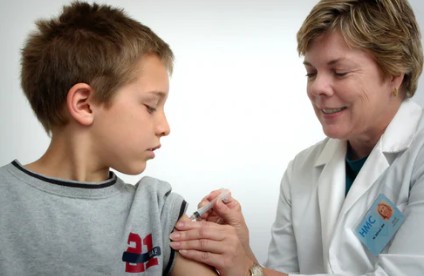
Reportedly, 20 percent of the population of the USA believe that vaccines are one of the main causes of ASD or Autism Spectrum Disorder.
However, this claim is totally incorrect. There is no relation between vaccines and autism. Over dozens of researches on this topic, have suggested that vaccines are safe, effective, and vital to fight against particular diseases.
On top of that, vaccines don’t cause autism or any type of disorder. In fact, we don’t even know what the main reason behind autism is.
Right now, we know that there is no single factor that is responsible for autism. Rather, a combination of various genetic, non-genetic, and environmental factors can influence in autism.
If you have liked this post, you can also read the post about 25 interesting facts about the Human Brain. If you have any suggestion or queries, you can leave them in the comments below. Last but not least, don’t forget to share this with others!
